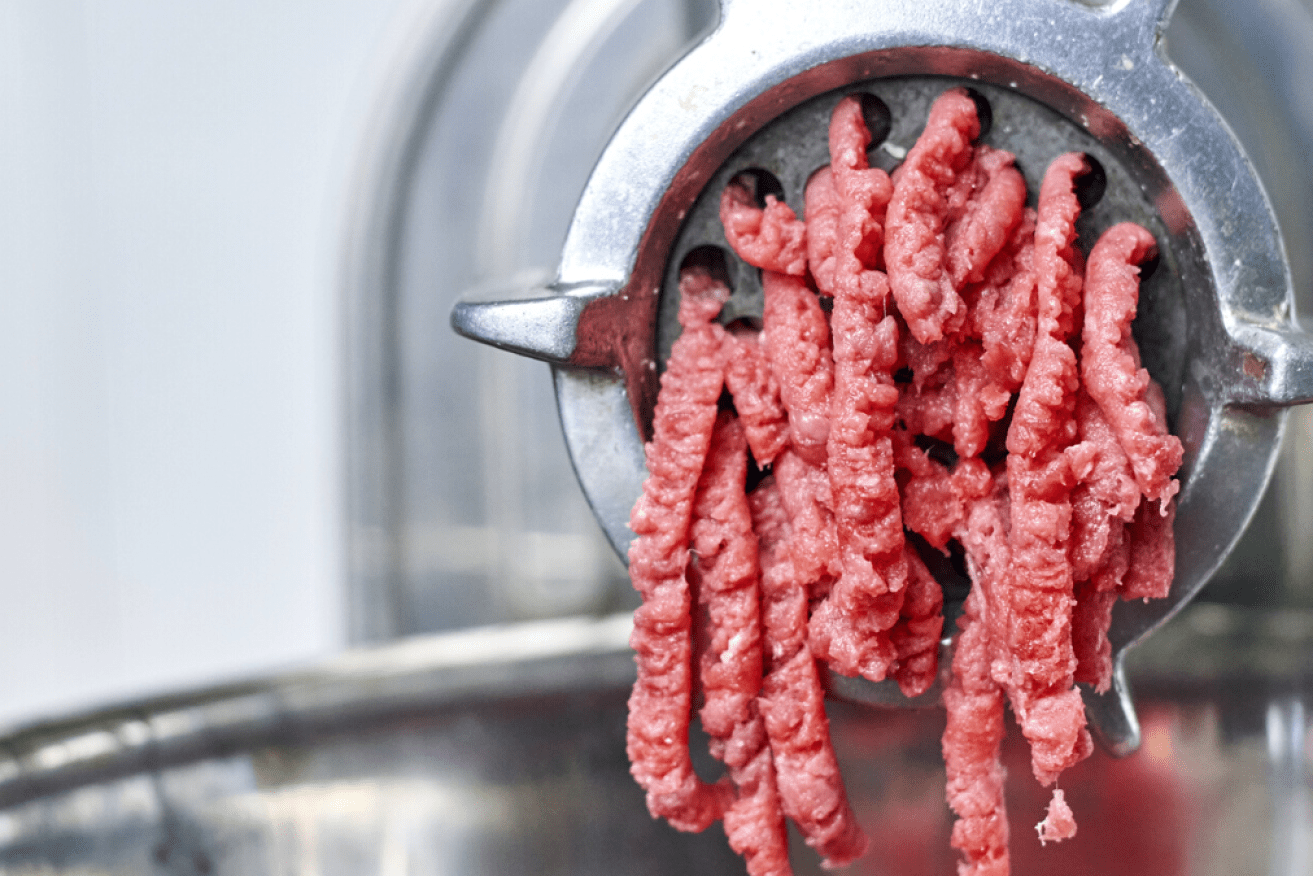Food fraud is a big money spinner paid by consumers’ trust and health


Food fraud costs the Australia economy between $700 million and $1.3 billion annually. Photo: Getty
The lack of co-ordinated and routine testing for ‘food fraud’ in Australia poses a serious risk to the health of consumers and trust in brands, experts say.
Beef sold as veal, wood filler instead of parmesan cheese and counterfeit wines are all examples of food fraud, and it is estimated to cost the Australian economy between $700 million and $1.3 billion each year.
Professor Julian Cox, a food microbiologist from UNSW School of Chemical Engineering, said food fraud tarnishes consumer trust and poses food safety risks.
“Consumers are left in the dark when producers substitute ingredients that could potentially cause adverse health reactions,” he said.
“Whether it’s buying honey or olive oil at the supermarket or going to a high-end restaurant and ordering expensive wagyu steak, as consumers, we expect to get what we pay for.”
Dr Rebecca Lester, director of the Centre for Regional and Rural Futures at Deakin University, told The New Daily that Australia doesn’t have “particularly strong protections against food fraud”.
“We’re relying on industries to self-regulate and we don’t have a lot of testing capability within Australia,” she said.
“There are so many opportunities for people to introduce fraud into the system.”
A 2021 report, co-authored by Dr Lester, highlighted the risk product fraud poses to Australian agriculture, fisheries and forestry industries and found there “appears to be a general lack of support for co-ordinated and routine testing from either government or industry”.
She said the lack of support is because of the cost associated with testing.
“That’s a real challenge for the industry, as to how to be able to ensure the integrity of their product in a cost-effective way that doesn’t increase everyone’s prices,” Dr Lester said.
“I was pretty surprised at how pervasive some of these issues were.”
Common types of fraud
There are multiple ways individuals and companies can commit food fraud, including:
- Adulteration: Adding another substance to a food, usually for profit
- Concealment: Marketing a product as something it isn’t, like selling non-halal food as halal
- Counterfeiting: Copying a brand’s name and packaging to sell a fake product
- Dilution: ‘Watering down’ products like milk, expensive wines and fruit juices with an alternative substance
- Mislabelling: Marketing or labelling a product to incorrectly promote quality, safety or geographic origin
- Substitution: Replacing an ingredient of high value with a cheaper alternative, like replacing extra olive virgin oil with a lower-value oil.

Selling fruit as organic when it isn’t is an example of food fraud. Photo: Getty
Professor Cox said if you pick any food or beverage, it can be guaranteed “that products within that category have been tampered with somewhere along the supply chain”.
“Currently, the vast majority of food recalls in Australia are due to issues with allergens,” he said.
“In these instances, while there is no intent, the problems boil down to mismanagement or mislabelling.”
High-risk products include veal, wine and fish, and Professor Cox said unless you’re an expert, you’re probably not going to know if the local fish and chip shop has sold you barramundi or battered shark.
“A lot of the time, the primary producers aren’t aware that their product has been tampered with further along the food chain,” he said.
“Any time there’s a way that you can pass off a product as something else, and make money doing it, there’ll be someone who’s tempted to defraud the consumer.”
An international problem
Australia’s most infamous case of alleged food fraud happened in 2018, when Capilano was accused of mixing another substance into their products instead of honey, resulting in Coles dropping the brand from its shelves.

Capilano was accused of food fraud regarding whether their products were 100 per cent honey. Photo: ABC
The ACCC investigated whether Capilano had breached consumer law, but concluded the tests which found that the products weren’t 100 per cent honey were not accurate enough to determine whether this was the case.
In 2017, Hoyt’s Food was fined $10,800 by the ACCC after it was discovered its oregano products contained up to 50 per cent olive leaf.
Internationally, there have been many headline grabbing cases of food fraud.
In 2013, Europe’s meat and farming industry was rocked by the discovery of horse meat in beef products, resulting in millions of products being recalled.
The same year, it was discovered parmesan cheese products in the United States contained as little as 2 per cent parmesan, and were instead made with wood-based filler, cheaper cheeses and other additives.








